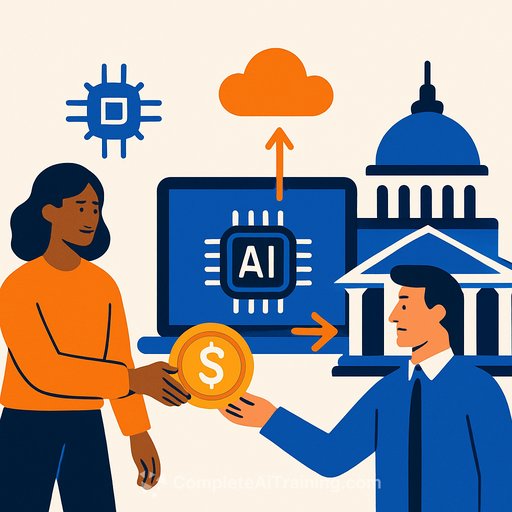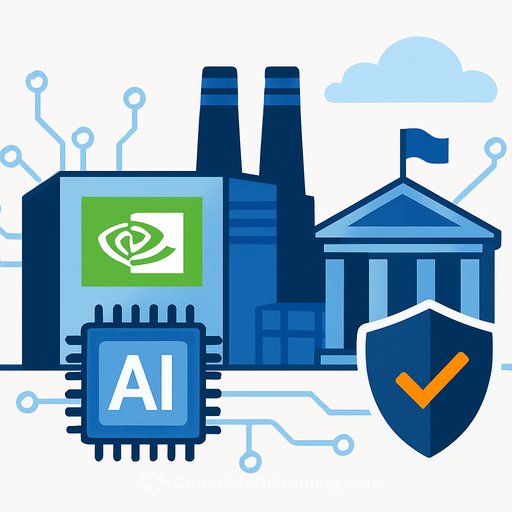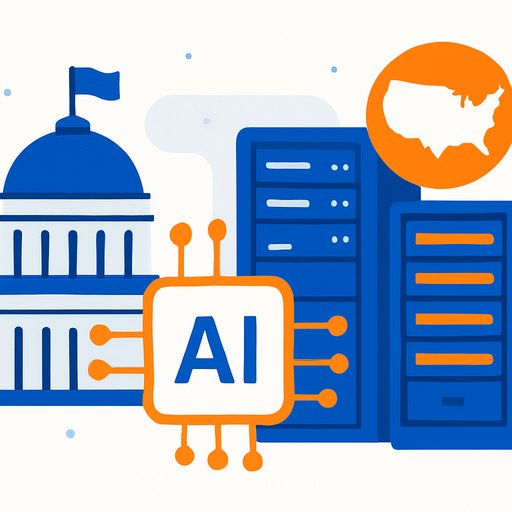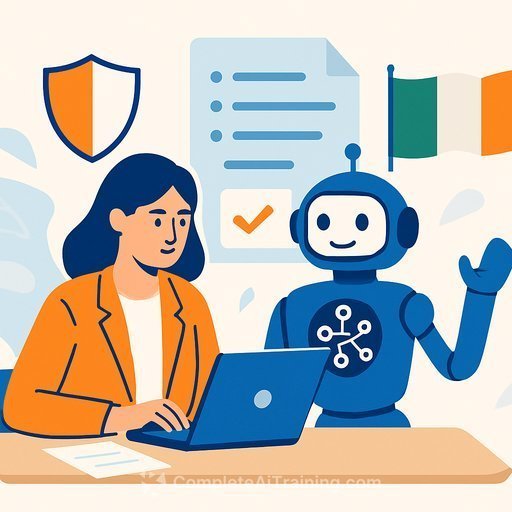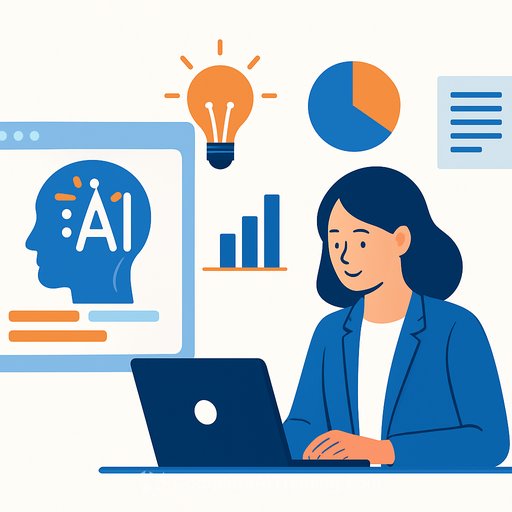AI Companies Offer $1 Deals to U.S. Government: A Strategic Move?
OpenAI, Anthropic, and Google are offering AI tools to U.S. government agencies at token prices—some as low as $1 or even $0.47—in an effort to secure long-term federal contracts. This pricing approach raises questions about security, compliance, and protections for taxpayers.
These tech giants, once known for tightly controlling access to their AI products, are now presenting government deals at nearly giveaway prices. Recently, OpenAI offered ChatGPT Enterprise to government agencies for $1 a year. Shortly after, Anthropic matched that price with offerings like Claude for Government and Claude for Enterprise across all three branches. Google responded with Gemini for Government at just $0.47.
Why Are AI Companies Offering These $1 Deals?
Major AI firms are using ultra-low pricing to gain a foothold inside federal agencies. This mirrors the strategies of companies like Palantir and SpaceX, which landed small, low-cost pilot contracts before expanding into multi-billion-dollar federal deals. For these firms, offering enterprise-grade AI tools at near zero cost today could secure lucrative, long-term contracts tomorrow.
The federal government is one of the most sought-after customers in tech. A single defense or infrastructure contract can transform a company’s future. For example, Palantir signed a 10-year, $10 billion contract with the U.S. Army, and SpaceX holds roughly $22 billion in federal contracts related to Starlink and Starshield.
For newer or unprofitable AI companies like xAI, landing government contracts could mean survival. For established players like OpenAI, Anthropic, and Google, it brings revenue and prestige—a government endorsement acts as a powerful seal of approval in a competitive AI market.
This strategy also helps ease procurement hurdles. Government programs like the GSA’s “OneGov” aim to centralize software purchases, setting standards for AI products. These $1 deals may be a trial period for agencies to test products before committing to larger, paid contracts.
The Security Gamble With Cheap AI
Government data demands high security, yet public trust in AI products remains limited. OpenAI states that enterprise data is not used by default for training AI models. Anthropic maintains that data inputs and outputs are only used with explicit permission. Google commits to FedRAMP compliance and meeting government security requirements.
However, phrases like “by default” leave room for uncertainty. Agencies with sensitive workloads, especially in defense and intelligence, require stringent compliance, often at levels like FedRAMP High or Impact Level Five. Meeting these standards demands significant investment in secure AI infrastructure.
The shift to centralized procurement through the GSA has also sparked concerns among traditional resellers, potentially altering the software acquisition landscape. AI companies may be offering freemium options partly to reassure agencies about security and privacy while competing fiercely for government favor.
What Taxpayers Should Ask
The government's interest in AI is justified given the potential benefits, from supply chain forecasting to intelligence analysis. But taxpayers deserve transparency on two critical points:
- What safeguards ensure sensitive government data isn't used to train AI models?
- Are agencies rigorously evaluating AI tools before committing to expensive, long-term contracts?
As Claude, Gemini, and ChatGPT become normalized in government workflows, demand for auditable AI outputs and verifiable data lineage will increase. This could drive the adoption of blockchain-like systems to log prompts, responses, and model versions — useful for audits, FOIA requests, and evidentiary standards.
Such requirements might disadvantage decentralized AI networks and favor traditional systems hardened for government use, including those compliant with NIST and FedRAMP standards.
What to Watch For
Google currently offers the most AI tools at the lowest price to government agencies. But increased government involvement could lead to higher prices and stricter compliance requirements over time.
The way AI companies handle government information in model training will be a critical issue. Additionally, premium tiers offering enhanced security may emerge as agencies demand more robust protections.
If contracts renew, expect AI providers to introduce higher-priced, risk-resistant options similar to those seen with companies like Palantir and Leidos. This could also boost market interest in AI-related tokens backing these providers, depending on contract renewals slated for late 2026.
For government professionals interested in AI tools and training to stay ahead in this changing landscape, exploring courses and certifications can be valuable. Resources like Complete AI Training offer targeted courses to understand AI applications in government contexts.
Your membership also unlocks:

